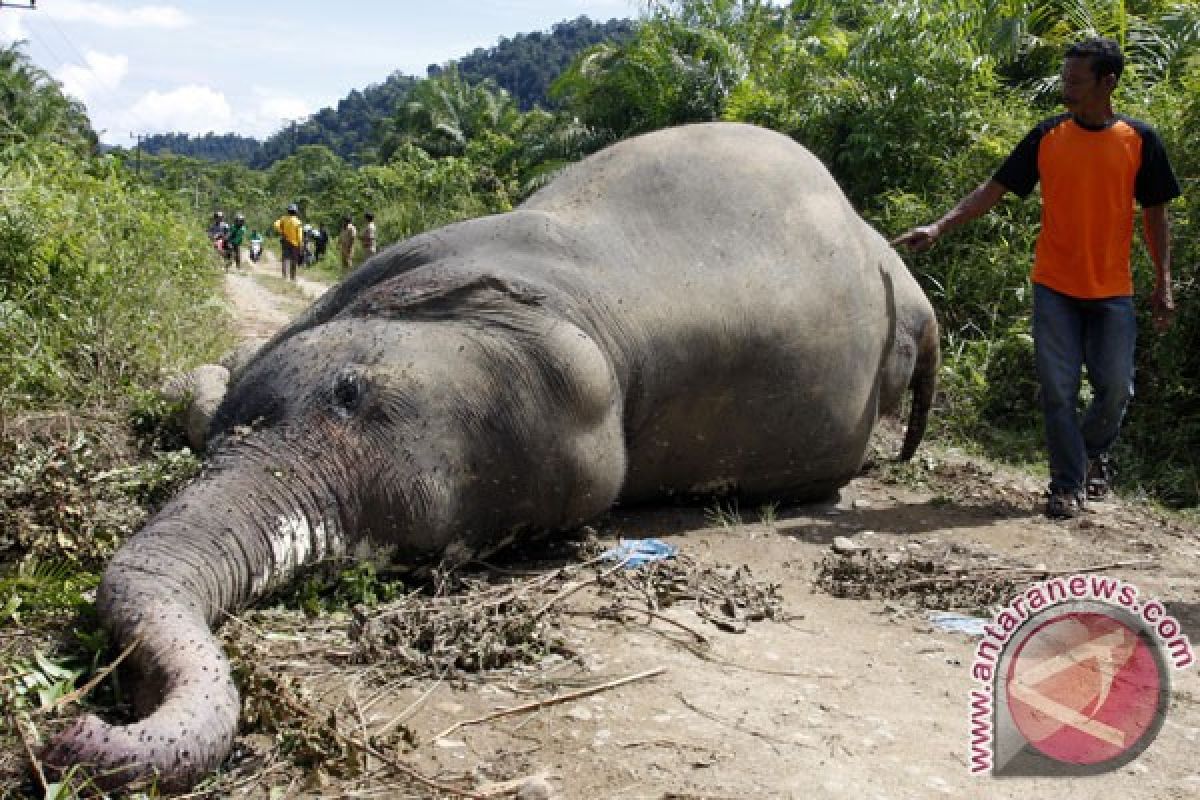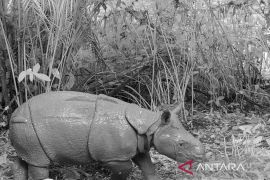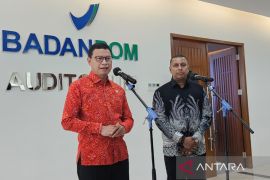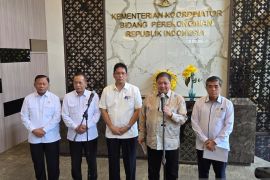"The rat poison was suspected to have killed both elephants because the poison residue was found in stomach of the elephants carcasses," Kupin said.
"We have no idea who did this," Simbolon added.
The elephant carcasses were found last Friday when personnel of the park and WWF (World Wide Fund for Nature) monitored the movement of wild elephants in the park, he said.
"This is very worrying that too many elephants have died and I promise not to let this continue to happen," he said.
Meanwhile, spokesperson of the WWF Program for Riau, Syamsidar said the elephants were allegedly poisoned as they were found not far from the site where an elephant was found dead after being poisoned in May.
"They most likely belonged to the same herd as the locations where they were found not far from each other," he said.
One of the dead elephants was still young, aged about five years old, Simbolon said adding its tusk remained intact when it was found.
It was believed the two elephants died two or three days ago, he said.
Syamsidar said the conflict between human and elephant in the park has been escalating since 2012.
As a matter of fact, the national park was established to help the preservation of the Sumatran elephants whose population now reaches only 150 to 200 in Tesso Nilo.
As many as 15 elephants were found dead in Riau in 2012, most of them in Tesso Nilo.
"So far this year three elephants have been found dead in Tesso Nilo," he said.(*)
Editor: Heru Purwanto
Copyright © ANTARA 2013












